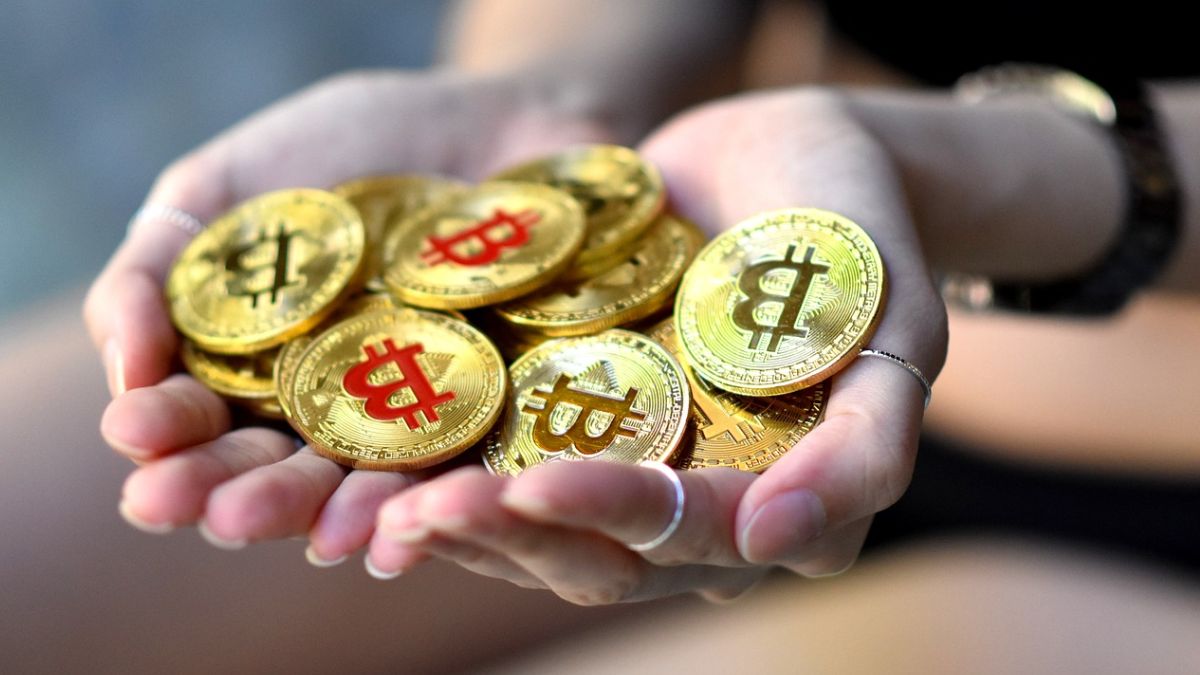
As cryptocurrency gains prominence in global finance, the concept of a U.S. Bitcoin Strategic Reserve is sparking significant debate. Announced by President-elect Donald Trump, this proposal envisions Bitcoin as a strategic asset akin to oil reserves, with potential implications for financial markets, national security, and global economic leadership. But how exactly would such a reserve function?
This article delves into the mechanics of a U.S. Bitcoin reserve, exploring its potential structure, benefits, and challenges, while examining its role in shaping the future of cryptocurrency and financial policy.
Table of Contents
ToggleWhat Is a Strategic Reserve?
A strategic reserve is a government-held stockpile of critical resources intended for use during emergencies or supply disruptions.
- Examples of Strategic Reserves Worldwide:
- U.S. Strategic Petroleum Reserve: Created in 1975 after the 1973-74 Arab oil embargo, it is the largest emergency crude oil supply globally.
- Canada: Maintains a strategic maple syrup reserve.
- China: Holds reserves of metals, grains, and even pork products.
Strategic reserves aim to stabilize markets, support economic resilience, and protect national interests during crises.
How Would a U.S. Bitcoin Strategic Reserve Work?
The U.S. bitcoin strategic reserve, as proposed by President-elect Donald Trump, could be established through several approaches, though legal and logistical challenges remain.
Potential Frameworks:
- Executive Action: Trump could issue an executive order directing the U.S. Treasury’s Exchange Stabilization Fund to purchase and hold bitcoin, leveraging its authority to manage foreign currencies.
- Seized Bitcoin: The U.S. government has already confiscated around 200,000 bitcoins, worth approximately $21 billion. This stockpile could form the foundation of the reserve, though legal hurdles may arise in transferring these assets from the Justice Department to the Treasury.
- Congressional Legislation: Pro-crypto lawmakers, like Senator Cynthia Lummis, advocate for a formalized reserve through legislative action. Lummis introduced a bill proposing annual purchases of 200,000 bitcoins over five years, funded by Federal Reserve profits and gold sales.
Maintenance and Expansion:
- The proposed reserve would be maintained for a minimum of 20 years.
- Additional purchases could involve issuing government debt or reallocating assets, such as selling portions of gold reserves to fund bitcoin acquisitions.
What Are the Benefits of a Bitcoin Reserve?
1. Dominance in the Global Crypto Market
Proponents argue that a bitcoin reserve would strengthen the U.S.’s position in the cryptocurrency space, outpacing competitors like China.
2. Reducing National Debt
Bitcoin’s projected long-term appreciation could help cut the U.S. deficit. Senator Lummis claims her reserve plan could halve the national debt within 20 years, reducing reliance on tax increases.
3. Strengthening the U.S. Dollar
A robust bitcoin reserve could stabilize the dollar by providing an inflation hedge, giving the U.S. leverage in international financial negotiations.
What Are the Risks?
While the potential benefits are significant, critics highlight several challenges:
1. Lack of Intrinsic Value
Unlike oil or metals, bitcoin has no tangible use. Critics argue that its value depends entirely on market sentiment, making it a speculative asset.
2. Volatility
Bitcoin’s price swings pose a risk to government budgets and market stability. Large-scale government purchases or sales could drastically influence prices.
3. Cybersecurity Concerns
Cryptocurrency wallets are vulnerable to cyberattacks, posing a risk to the reserve’s security.
4. Youth of the Asset
Bitcoin, created in 2008, lacks a long-term track record. Its future value remains uncertain, raising doubts about its viability as a reserve asset.
Outlook on the Proposal
As bitcoin continues to gain traction, the idea of a U.S. strategic reserve reflects growing recognition of cryptocurrency’s potential impact on global finance. However, implementing such a plan would require careful legal, financial, and cybersecurity considerations. While the concept could pave the way for U.S. dominance in digital assets, its success depends on overcoming significant hurdles.
Click here to know more.

